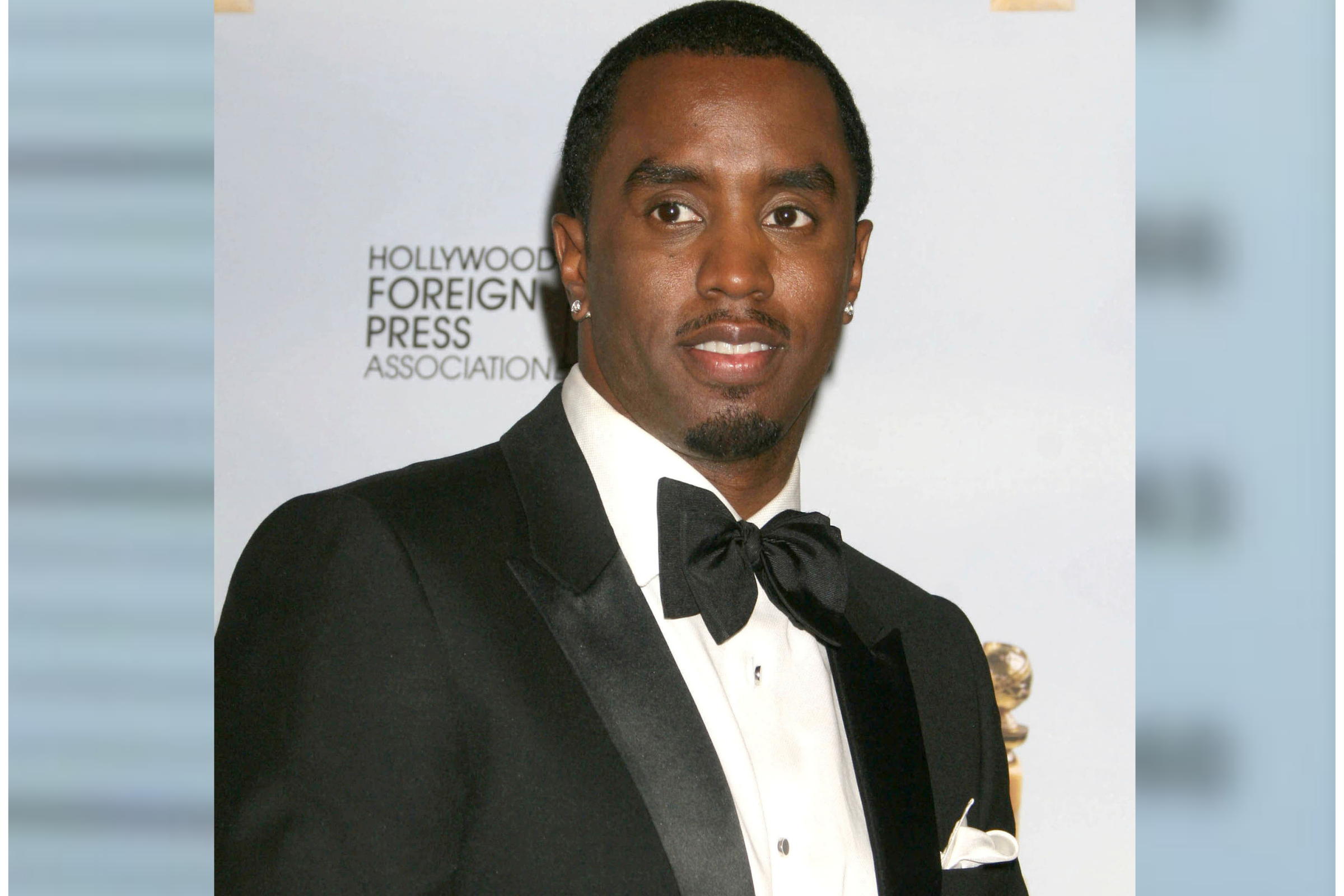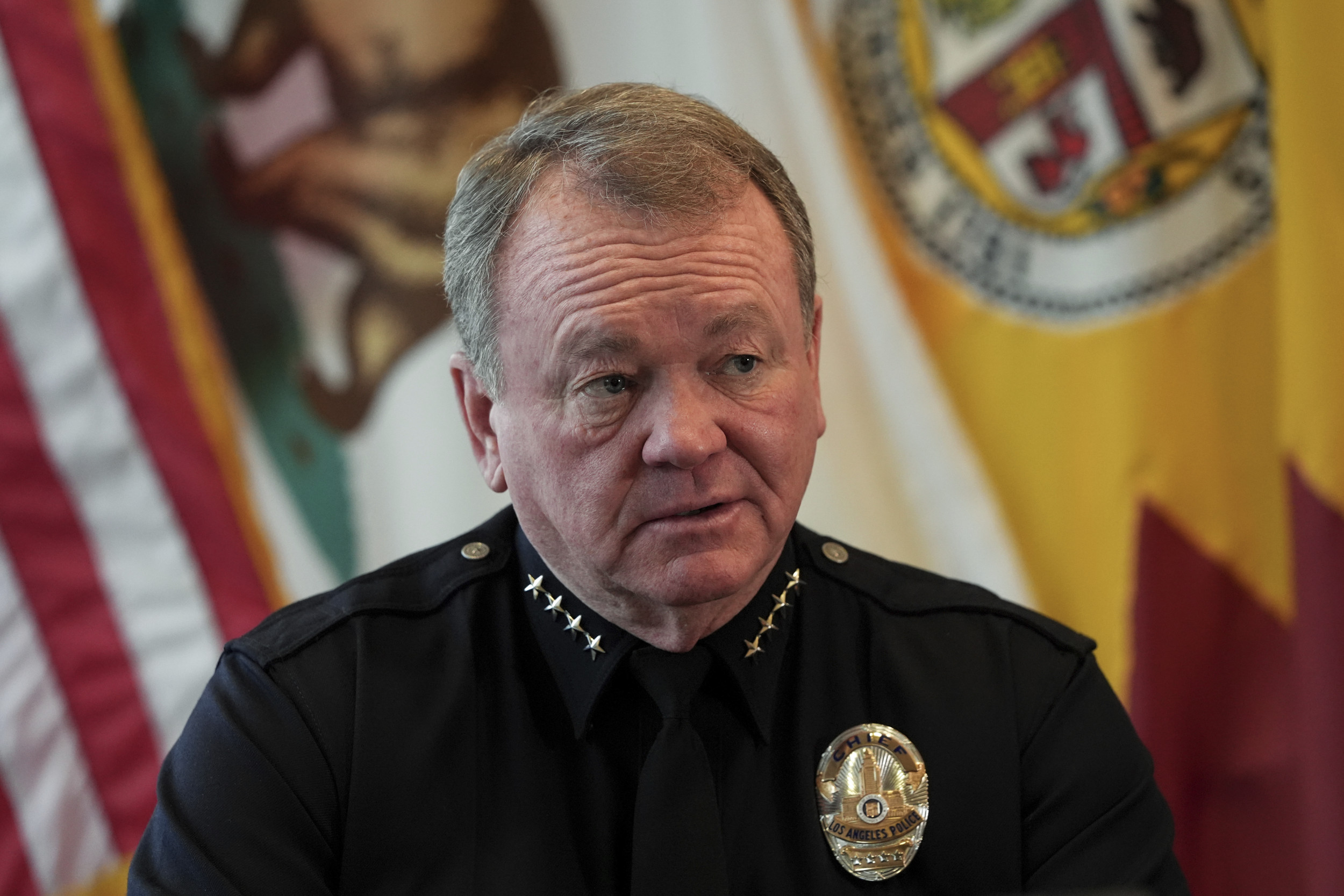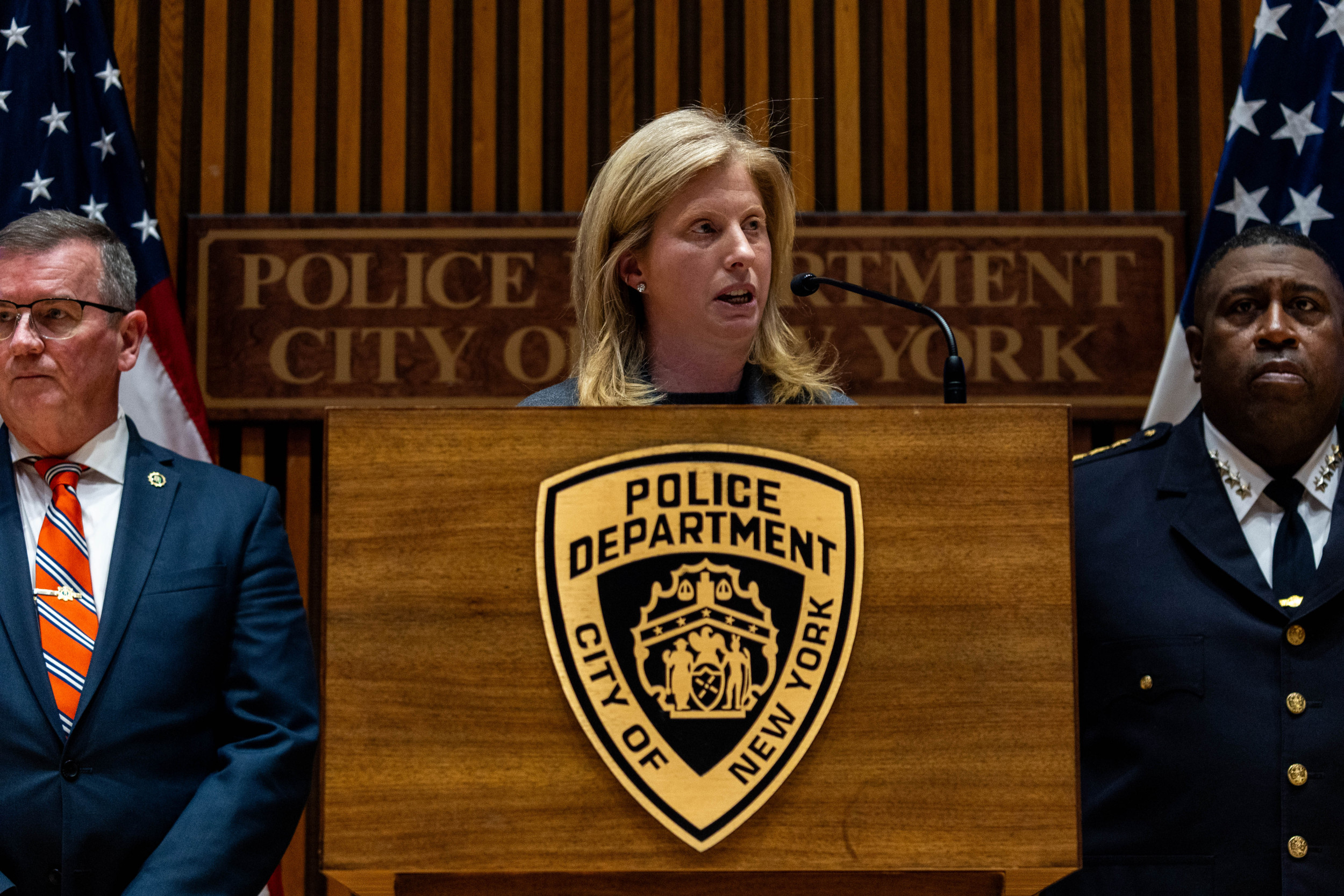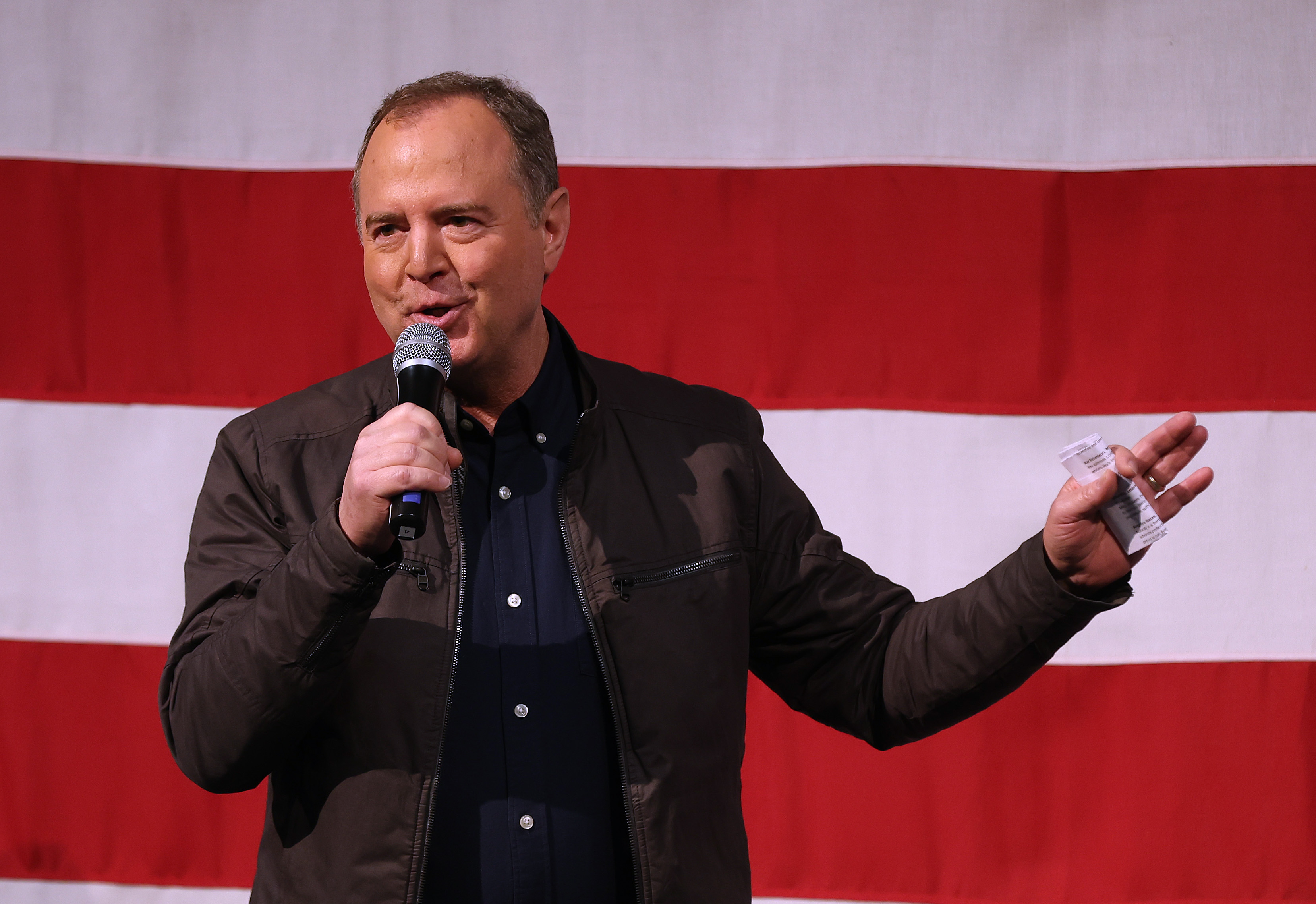When the votes were counted during this year's presidential election, it soon became clear that President-elect Donald Trump had accomplished a miraculous feat among the Arab and Muslim-American communities: He became the first Republican candidate since 2000 to win a substantial share of these voters. How he did this is no secret; he accomplished this feat with the help of a vigorous campaign that included months of meetings with Arab American leaders in states like swing states like Michigan.
Trump's promise to these voters was two-fold: His presidency would defend the social and entrepreneurial values that many Arab and Muslim Americans hold dear, and he would do his best to bring peace to the Middle East.
The former promise is probably easier to keep. The Republicans are the party much more skeptical of abortion and gender ideology; they've always had a reputation as being friendly to business owners. But can Trump make good on his desire to "make the killing stop" in one of the world's most tumultuous regions?
Early signs have depressed some observers, who've watched Trump appoint strong supporters of the Israeli government into his upcoming administration, from Florida Republican Sen. Marco Rubio, who has been tapped to serve as Secretary of State, to former Arkansas Republican Gov. Mike Huckabee, an evangelical who has questioned whether Palestinian identity is even real, who will serve as America's next ambassador to Israel.
Perhaps to assuage the concerns of some Arab and Muslim Trump voters who may be having buyer's remorse, Trump recently appointed Massad Boulos, the Lebanese billionaire and his daughter's father-in-law, as a senior adviser on Arab and Middle Eastern affairs.
But Trump's critics would be right if they argued that one senior staffer with vague views on the Middle East conflict hardly balances out a team that could have been handpicked by the Israelis themselves.
Yet there's some reason for optimism here. Trump's election presents a path to peace that, if the President-elect chooses to take it, will cement his place in history.

Trump's strength as a leader has always been that he doesn't adhere strictly to right-wing orthodoxy. As president, he renegotiated NAFTA, signed into law an overhaul of the federal prison system, and even became the first U.S. president to travel to North Korea to conduct diplomacy.
Already, we're seeing a few flashes of that heterodoxy in the transition: He tapped outgoing Oregon GOP Rep. Lori Chavez-DeRemer to be the Labor Secretary in his new administration, handing a win to the Teamsters and others in organized labor who have praised her support for pro-union legislation. GOP senators are grumbling, but also willing to give Trump "the benefit of the doubt."
They say that only Nixon, with his conservative credentials, could have gone to China. It may be true that only Trump, who is so popular in Israel that if our presidential election would've been held there, he would have won by FDR-sized margins, can bring the parties to the table to establish peace.
Trump has said both publicly and through intermediaries for months that he wants the war in Gaza to end swiftly; in his view, the conflict would ideally be over by time he takes office in January. But if there is no ceasefire deal before then, Trump will have to use his credibility with the Israelis to make an argument that Biden wasn't able to. He needs to assure Netanyahu that he will continue to support the country diplomatically, economically, and militarily—but that Netanyahu also has to make some compromises on his behalf. That includes a swift conclusion of a ceasefire deal that secures the safety of all remaining Israeli hostages in Gaza and ends all major military operations in the territory. This ceasefire would also hopefully reinforce calm in the north, allowing Israelis and Lebanese alike to live in peace.
In order to achieve this, Netanyahu will have to stand up to the far-right members of his own government, Ministers Itamar Ben-Gvir and Bezalel Smotrich, who see establishment a Greater Israel that includes Gaza (but not its Palestinian population) as their goal.
Given Israel's complicated politics, this will be a difficult task. But Trump has a card to play here as well. As long as hostilities are ongoing, it is virtually impossible for Trump to expand the greatest foreign policy achievement of his first term: the Abraham Accords. Normalization with Saudi Arabia or other Israeli neighbors is off the table as long as bloodshed continues in Gaza.
Trump can use his deep relationships with the Gulf to offer a powerful incentive to Netanyahu's government, telling them: Sure, you want to settle in Gaza again, but wouldn't it be better to part of these historic deals with your prosperous neighbors who would benefit your country so much?
As part of those deals, Trump can offer incentives for the Gulf to help rebuild Gaza in a transition period before control of the territory returns to the Palestinians. Ideally, he would return to the two-state proposal his administration put out in the first term, building on that framework to eventually establish Palestinian sovereignty either under his presidency or a future American president.
This would also give Trump the opportunity to move on an equally thorny problem: Iran. Trump has talked about returning to the maximum pressure policy of his first administration, which would involve using economic levers to squeeze the country. But sticks rarely work without carrots.
Trump has a golden opportunity to make a much bigger deal with Iran that would return real curbs on the nuclear program in exchange for economic incentives. The deal could also set the path for newer goals, like reducing Iranian support for militant groups across the region and maybe even, with the promise of a future Palestinian state, moving towards a more normal relationship with Israel.
Do these goals sound fanciful? Maybe. But Trump is a man who everyone has counted out a million times in his life, and he's always found a way to come up on top. If he can do the same in the Mideast, the lives of millions of people will be improved as a result, and he will go down in history as the man who righted the ship after Joe Biden's disastrous foreign policy.
Zaid Jilani is a journalist based outside of Atlanta.
The views expressed in this article are the writer's own.



















![Katie Holmes Arrives at Ethel Barrymore Theatre in NYC [11-26-2024]](https://celebmafia.com/wp-content/uploads/2024/11/katie-holmes-arrives-at-ethel-barrymore-theatre-in-nyc-11-26-2024-6_thumbnail.jpg)
 English (US) ·
English (US) ·